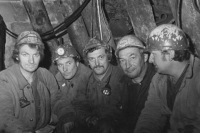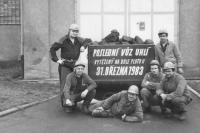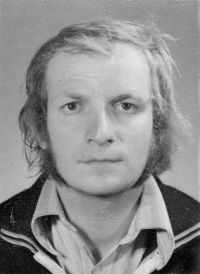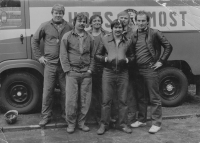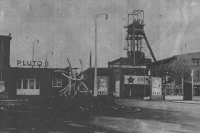Dozens of friends died in the Pluto mine. I was saved by a foot tennis tournament
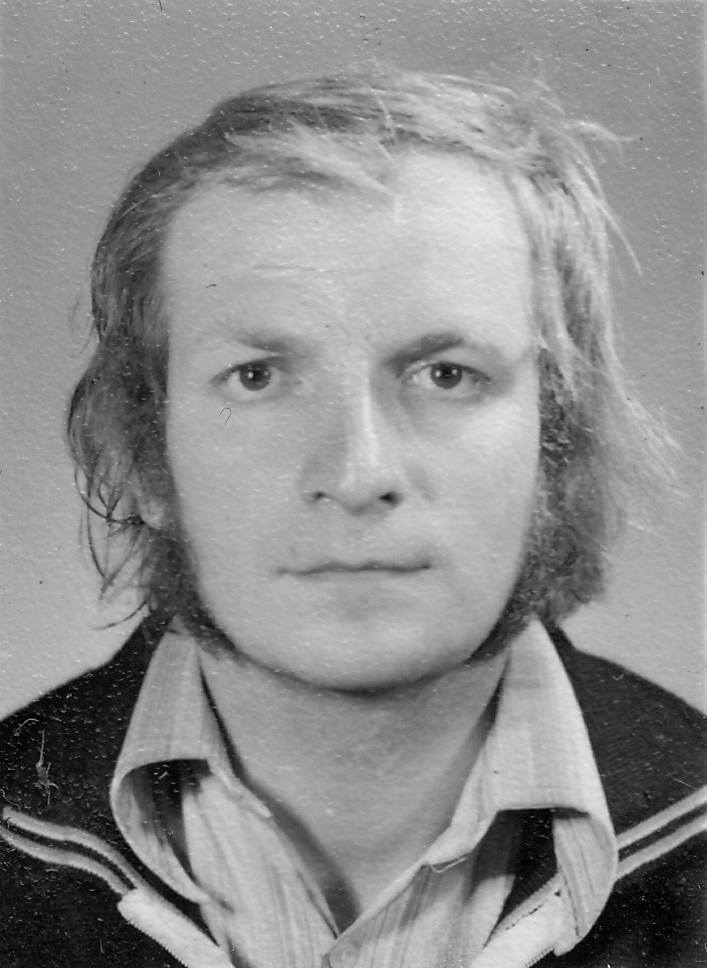
Download image
Jaroslav Richter was born into a family of a miner in Litvínov in the Most region on 29 March 1951. He trained as a mining electrician. Later he became a mine rescuer at the Pluto mine. There, in September 1981, a tragic accident and explosion occurred, killing sixty-five miners. Jaroslav Richter saved his life by swapping shifts on the fateful day of 3 September. He was on his way out of the shaft when the explosion occurred. He returned and spent three full days in rescue work. The horrific consequences of the explosion, including the deaths of many of the witness’s friends, did not cause Jaroslav Richter to leave the mine rescue service. Apparently, post-traumatic stress disorder came almost to the day after nine years. It required a six-month stay in the psychiatric ward of the hospital. After his release, he never returned to the shaft. By 2023, he was retired and working as a guide at the historic St. Catherine’s Mountain (Hora Svaté Kateřiny) mine in Most. He considered his time spent there being a kind of therapy. The witness could be recorded thanks to the support of the town of Horní Jiřetín.
